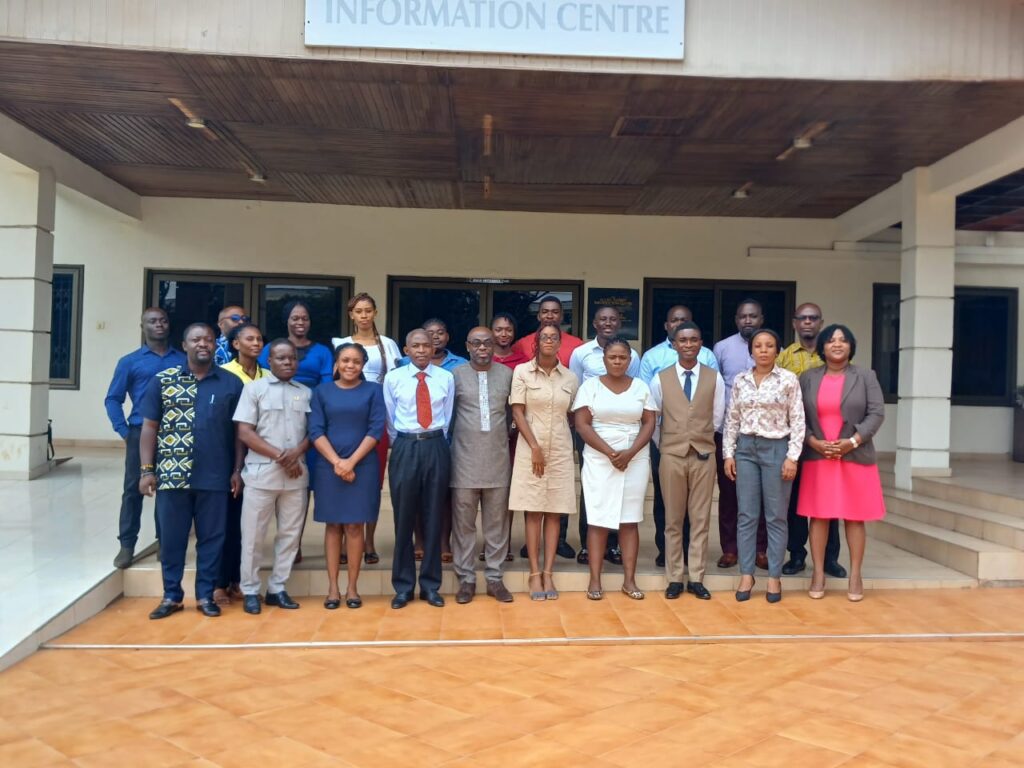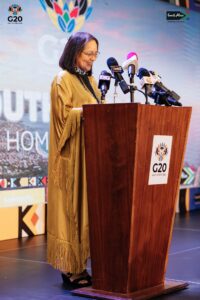The Ghana Tourism Authority has begun training of frontline workers in the hospitality and tourism sector in the French language. The training is being rolled out through government’s Ghana CARES “Obataan Pa” programme which aims to provide diverse support to industry players and businesses as they recover from the devasting effects of the COVID-19 pandemic.
The programme which began at the Accra Tourist Information Centre today, September 18 will last for three months.
Addressing the trainees, Deputy CEO of GTA in charge of General Services, Ben Anane-Nsiah noted that the training was imperative to the growth of Ghana’s regional tourism as the West African region is predominantly French-speaking countries with countries like Cote d’Ivoire in the top eight of the country’s tourism source markets.
“There is a renewed emphasis on regional tourism, and it is important to make French speaking tourists feel welcome,” he said.
He added that the country is determined to achieve at least two million tourists by 2026 and “speaking English only doesn’t help the tourism posture.”
“For up market hotels especially, signages need to be in French and it is important to present a product that is friendly and attracts tourists from the region,” he emphasised.
The Deputy CEO expressed optimism that the training will help build the bilingual capacity of hospitality workers while building their confidence to serve their clients better.
GTA’s Director of Administration, Richard Agyenim Boateng added that the training adds on to the ongoing training modules being undertaken by the Authority such as Digital Marketing, Tourism Product Knowledge and that the French language will help beneficiaries leverage the French-speaking market and offer good customer service to them.
“After we train the people, we go round as part of monitoring to ensure that all the facilities have signages in French and we would expect the people to be able to offer the best of customer service in the area of French” he maintained.
The French language training is targeted at 500 beneficiaries across the country.








